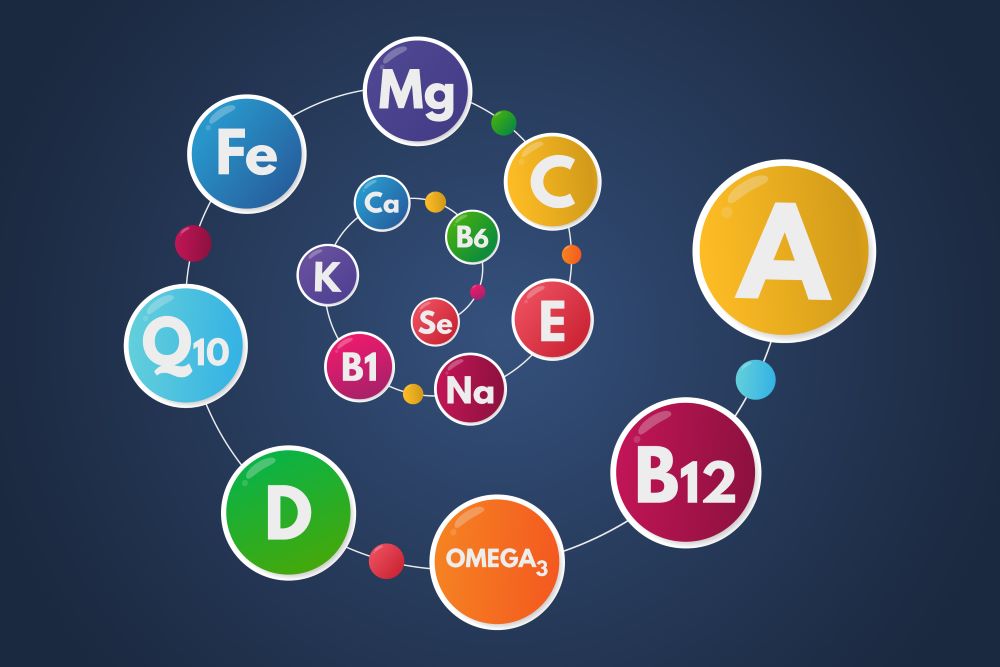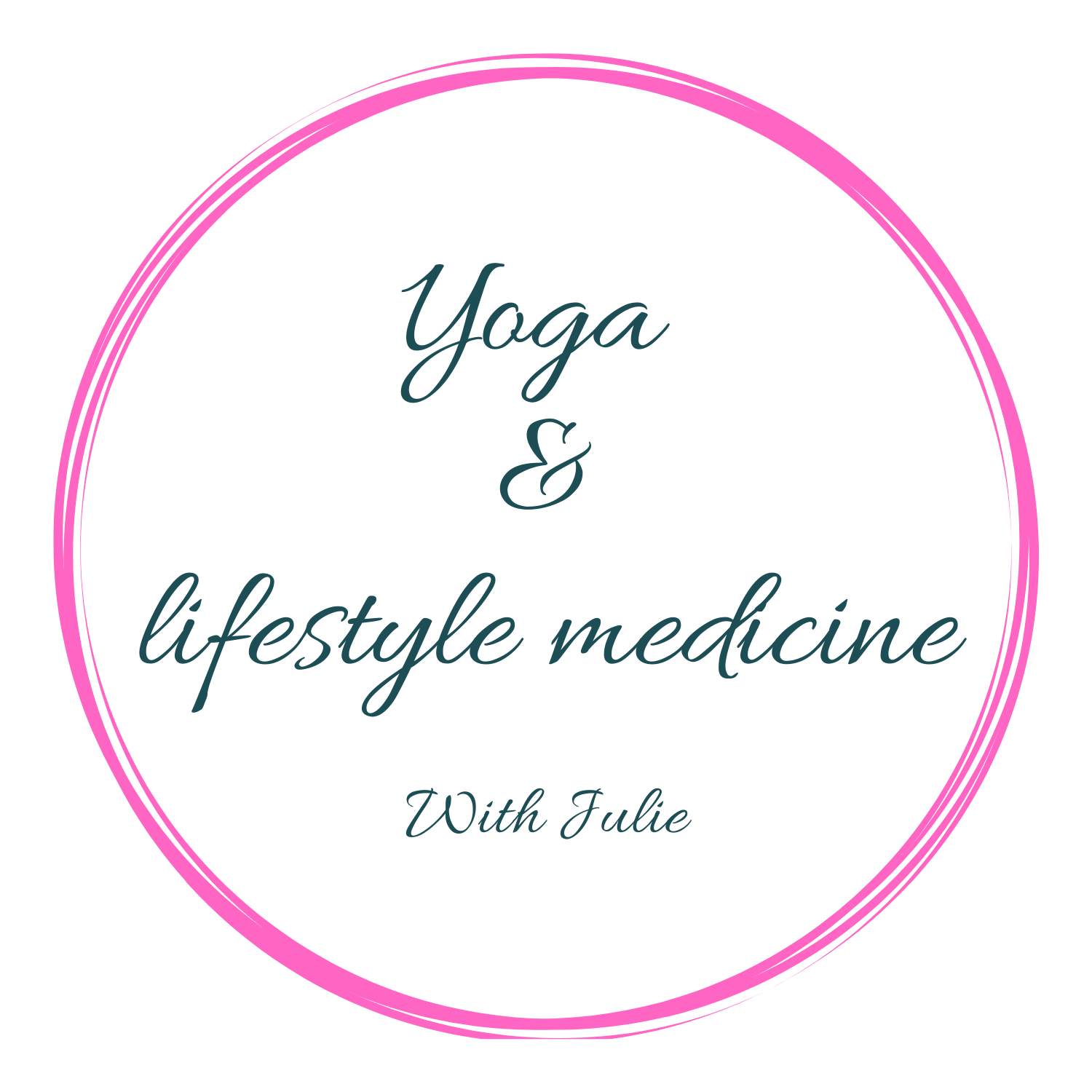Nutritional deficiency is a significant concern that can have far-reaching impacts on your health. Trace minerals are crucial for a healthy body.


Nutrients are the building blocks of life, playing a crucial role in maintaining our overall well-being. However, when our bodies lack essential nutrients, a cascade of adverse effects can occur.
In this article, i will delve into the symptoms, causes, and remedies of nutrient deficiency.
These are minerals that are needed in small quantities, such as trace elements such as iodine, zinc, selenium, copper, manganese.
And minerals that are needed in larger amounts like potassium, calcium, magnesium.
Why do we need trace minerals?
What is so important about these trace minerals and why do we need them in such small amounts?
Role of enzymes
Trace minerals are essential for enzymes. They are proteins that basically do the work of the body. We can only think about enzymes for digestion, but enzymes are involved in all of your biochemistry. They are making cells, repairing DNA and checking DNA, making hormones, converting hormones into active form, breaking down glucose in fat.
There are thousands and thousands of biochemical pathways involving these enzymes. It’s incredibly complex and what we do know is that these minerals, including trace elements, ordinary minerals and vitamins, are the cofactors of these enzymes or biochemicals.
Zinc
Without them our biochemistry doesn’t work, so take for example zinc which is involved in over 300 different enzymes with functions ranging from breaking down alcohol to producing testosterone to building cells. Immune weapons to kill pathogens also involved in detoxification. Chemicals and even the manufacture of neurotransmitters that greatly affect your mood and there are actually over 2 billion people on this planet who are deficient in zinc primarily due to another compound called phytic acid which is found in grains like cereals and crackers and breads and things like that.
Zinc is very abundant in red meat, organ meats and seafood.
Iron
Iron is also the first deficiency observed worldwide. More people have an iron deficiency than any other deficiency. Iron is needed in over 6.5% of all enzymes in every cell in our body. It is also needed to detoxify hydrogen peroxide. Your cells produce hydrogen peroxide to kill pathogens. Therefore, if there is too much of it, it can damage our own cells. Then, certain proteins transport oxygen in the blood and iron is necessary for this process, without iron you cannot transport oxygen in your blood, you become anemic. It is also needed to make collagen. The body contains a large amount of collagen: skin, nails, hair, joints, tendons, ligaments and bones. Iron is mainly found in red meats, shellfish, spinach…
Selenium
Selenium is also very important. It helps convert inactive thyroid hormone into the active form, so the enzyme involved helps produce enough thyroid hormone because you have enough iodine. But if you are deficient in selenium, you cannot go from the inactive form to the active form. Also, glutathione, a very important antioxidant, depends on selenium. Glutathione is needed to protect against all free radical damage and all oxidants present in our body. It is there to balance or slow down these effects.
If a mother lacks iodine when she has a baby, that baby may be deficient and can seriously affect the brain.
So iodine is really important not only to help make thyroid hormones, but also for brain development. It is also involved in enzymes that help protect you against excessive amounts of estrogen and if you lack iodine you can end up with a fibrocystic breast with a cyst on the ovaries. We find iodine in seaweed, shellfish, salt, egg yolks…
Causes and symptoms of nutrient deficiency:
Intensive cultivation


Impoverishment of our soils
Today, there is also a big problem with trace elements: it is the impoverishment of our soils due to intensive cultivation, the use of pesticides or artificial fertilizers. It is all the microbial life in the soil that is responsible for mobilizing these minerals. To make these minerals available to the plant, it is necessary to take care of the land and respect fallow times. So when we plow the land, we destroy the soil with glyphosate and pesticides and chemicals. Now we are dependent on adding fertilizer and other things to keep this plant growing.
The health of your cells is really a biochemical photograph of what’s going on in the soil. That’s really where your health comes from, because if you don’t have the microbes, they can’t mobilize to create the minerals and the plant roots can’t get the nutrients. The plant suffers, will not be healthy and the animals that eat the plant or grass will then become deficient. Trace elements are a key part of this whole chain.
We risk eventually being too deficient, so we won’t have enough enzyme to detoxify hydrogen peroxide, we wouldn’t have enough glutathione to protect us against oxidative stress, we wouldn’t have the ability to convert T4 to T3, we wouldn’t have the enzymes to break down alcohol or even make testosterone… So hopefully now you are becoming more aware of the importance of trace minerals to your health.
Choose organic food, prioritize local production, cook yourself…
Nowadays we don’t know where our food is grown maybe it’s grown hydroponically, maybe it’s grown in soil that needs to be fertilized because the soil is so poor. Most of our children are fed ultra processed foods, not processed foods, but ultra processed foods. That’s why, of course, they have to fortify the food with certain synthetic vitamins. It’s all so sad.
The tomato looks good but it doesn’t have a lot of flavor and the flavor chemicals are aligned with the nutrient density of that food so I really think we’re literally starving to death by consuming a lot of calories because calories are empty.
Always prioritize quality. Today, we are starving for nutrients and minerals. We need to raise awareness in order to change the imposed production systems. Enriching and safeguarding the land to find a diet rich in trace elements should be a struggle for each of us..
Poor dietary choices increase nutritional deficiency


Such as consuming a diet high in processed foods and low in fresh fruits, vegetables, and whole grains, can lead to insufficient nutrient intake. Certain medical conditions, such as digestive disorders, can impair nutrient absorption, exacerbating deficiencies.
Lifestyle choices
Like restrictive diets Vegetarian or vegan diets without proper planning, and excessive alcohol consumption can also contribute to nutrient imbalances. Additionally, factors such as age, pregnancy, and lactation increase the body’s demand for specific nutrients, making certain populations more susceptible to deficiency.
So let me give you some signs of a trace mineral deficiency.
I will talk about it briefly. To find out your trace element deficiency:
If you have a zinc deficiency:
- loss of your hair
- small white spots on your fingernails
- low testosterone levels
- you may even have diarrhea
Now with iron deficiency:
- you are going to have anemic symptoms like you are going to feel a bit tired weak
- chilliness
- brittle nails
- hair loss
Selenium deficiency:
- you may have infertility with selenium deficiency,
- to be tired,
- suffer from hair loss,
With iodine deficiency,
You may notice swelling in the lower part of your neck because the thyroid is growing to some degree.
But typically, these trace minerals aren’t just involved in making strong nails or strong hair, they’re involved in your entire biochemistry.
You might not have an obvious symptom right away but it can definitely contribute to all sorts of chronic illnesses and even put you at risk for cancer.
Other preventions to avoid nutritional deficiency:
Addressing nutrient deficiency requires a holistic approach that involves dietary adjustments, lifestyle changes, and, in some cases, supplementation. Here are some steps to remedy and prevent nutrient deficiency:
1. Balanced Diet. Prioritize diverse and balanced diet rich in fruits, vegetables, whole grains, lean proteins, seafood, high quality salt, and healthy fats. This ensures a broad spectrum of nutrients for optimal health.


2. Supplementation if needed. In cases where dietary sources are insufficient, supplements can be helpful. If you suspect nutrients deficiency, talk with me here before starting any supplementation to avoid overconsumption, potential interactions with medications and get personalized advice tailored to your specific needs.
3. Regular Check-ups. Periodic health check-ups can help detect nutrient deficiencies early. Blood tests can reveal imbalances, enabling timely intervention.
4. Awareness of special needs. Pregnant and breastfeeding women, children, and older adults often have unique nutritional requirements. Being aware of these needs and adapting diets accordingly is crucial.
6. Moderation. Limit the consumption of processed foods, sugary snacks, and excessive caffeine or alcohol. These can hinder nutrient absorption and contribute to imbalances. EAT FRESH AND COOK YOURSELF.
Conclusion
Nutrient deficiency is a serious health concern with wide-ranging implications.
Recognizing the symptoms, understanding the causes, and taking proactive steps to remedy and prevent deficiencies are vital for maintaining optimal health for now and your future.
By adopting a balanced diet, making informed dietary choices, and seeking professional guidance, you can safeguard yor well-being and enjoy a vibrant and energetic life.
References
The role of soil in the contribution of food and feed
Public Health Aspects in the Prevention and Control of Vitamin Deficiencies
